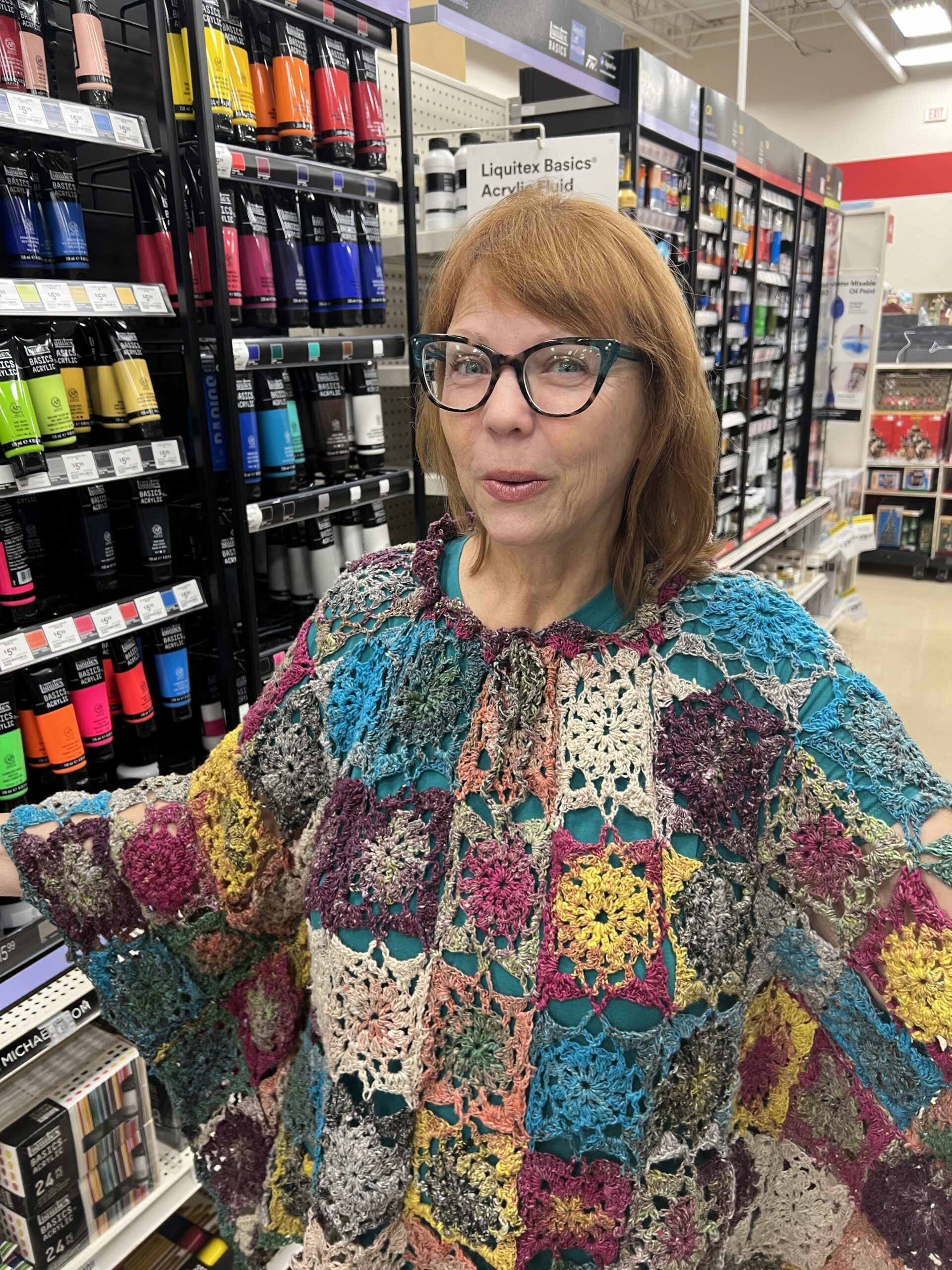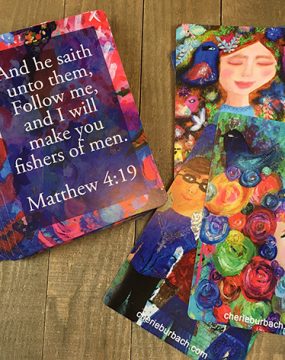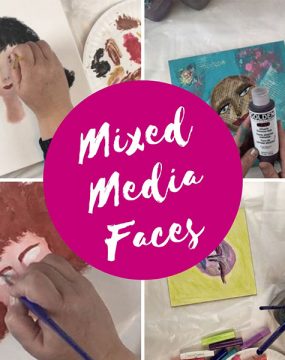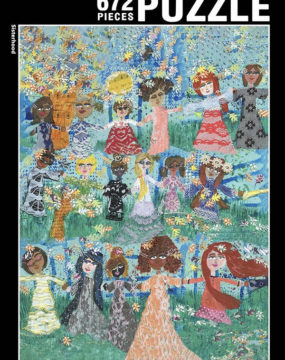Can it be that Maya Angelou has turned 86just last week? It seems just yesterday that I listened to her read “On the Pulse of Morning” at President Clinton’s inauguration. Although I had written poetry since I was a child, I was shy about it. I didn’t share that passion with anyone, and I didn’t read or learn about other poets. It was a private hobby that helped me understand the world. That quickly changed when I heard Angelou’s poetry. Her voice, her words, her passion… it all moved me. I went out that day and bought one of her books, and I’ve been inspired by her ever since.
Who Is Maya Angelou?
It pains me to think that anyone wouldn’t know who she is, or perhaps that she’s only known to people as a close friend of Oprah Winfrey’s. But Angelou has been culturally influential for half a century. She’s describes herself as a “global renaissance woman,” and her biography reads like a list of things most of us only hope to achieve. She’s a writer, poet, and activist.
She has known a long list of historically significant individuals. Angelou studied dance with Martha Graham, met Malcolm X during her time in Ghana, and was asked personally by Martin Luther King, Jr. to become the Northern Coordinator for the Southern Christian Leadership Conference.
I Know Why the Caged Bird Sings
Perhaps her most famous work is her autobiography, I Know Why the Caged Bird Sings. Her friend, novelist James Baldwin, was instrumental in getting her to put her life story down on paper. The remarkable thing to me about reading it was that, as a girl who grew up in a different part of the country and under a different set of circumstances, I could feel the pain and prejudice she felt growing up as surely as if it had happened to me. I could identify with her struggles. The mark of a great writer to me is anyone that can make you feel their pain and joy, and leave you changed after reading their words. Angelou did that with I Know Why the Caged Bird Sings, and with the poem she penned by the same name:
The caged bird sings
with a fearful trill
of things unknown
and longed for still
and his tune is heard
on the distant hill
for the caged bird
sings of freedom.
Angelou’s Poetry in Pop Culture
I’m thrilled every time I see a Maya Angelou poem used somewhere in pop culture. Snippets of her work have appeared in movies, on TV, and even in commercials. When LeBron James’ Nike commercial (entitled “What Should I Do?”) came out, I immediately called my husband into the room because I thought it was so well done. And off-handedly, I mentioned that lines from Angelou’s poem “Still I Rise” were used, and my husband said he hadn’t heard of it. It’s funny how you can be married to someone a long time and then suddenly a revelation like that can shake you up. I said, “You don’t know the poem?” I ran to the other room and pulled out my book of Angelou’s poetry, and read it to him right then and there. He was blown away at her words.
Her poetry was used in the film Poetic Justice, and in the documentary The Black Candle, which she also narrated. And let’s talk about that voice, while we’re at it. A few years ago I wrote a post about random things I think would be cool if they happened to me, and one of them was to have Angelou read me a poem live. Her voice is as melodic, deep, and haunting as the truth in her work, and yet, it is also uplifting.
It’s difficult to describe her impact on society, and even on my own life. Perhaps the best way to say happy birthday to Ms. Angelou is to simply say thank you.





